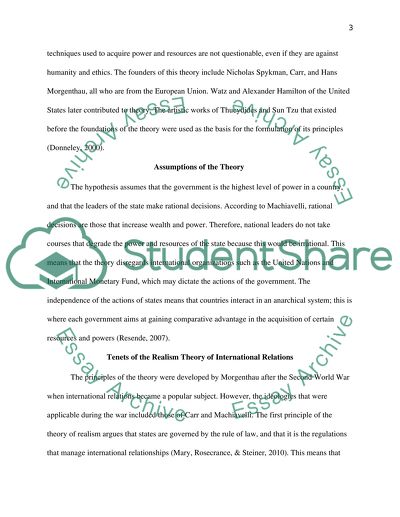Cite this document
(“What are the major points of difference in Realist International Essay”, n.d.)
Retrieved from https://studentshare.org/history/1490185-what-are-the-major-points-of-difference-in-realist
Retrieved from https://studentshare.org/history/1490185-what-are-the-major-points-of-difference-in-realist
(What Are the Major Points of Difference in Realist International Essay)
https://studentshare.org/history/1490185-what-are-the-major-points-of-difference-in-realist.
https://studentshare.org/history/1490185-what-are-the-major-points-of-difference-in-realist.
“What Are the Major Points of Difference in Realist International Essay”, n.d. https://studentshare.org/history/1490185-what-are-the-major-points-of-difference-in-realist.


